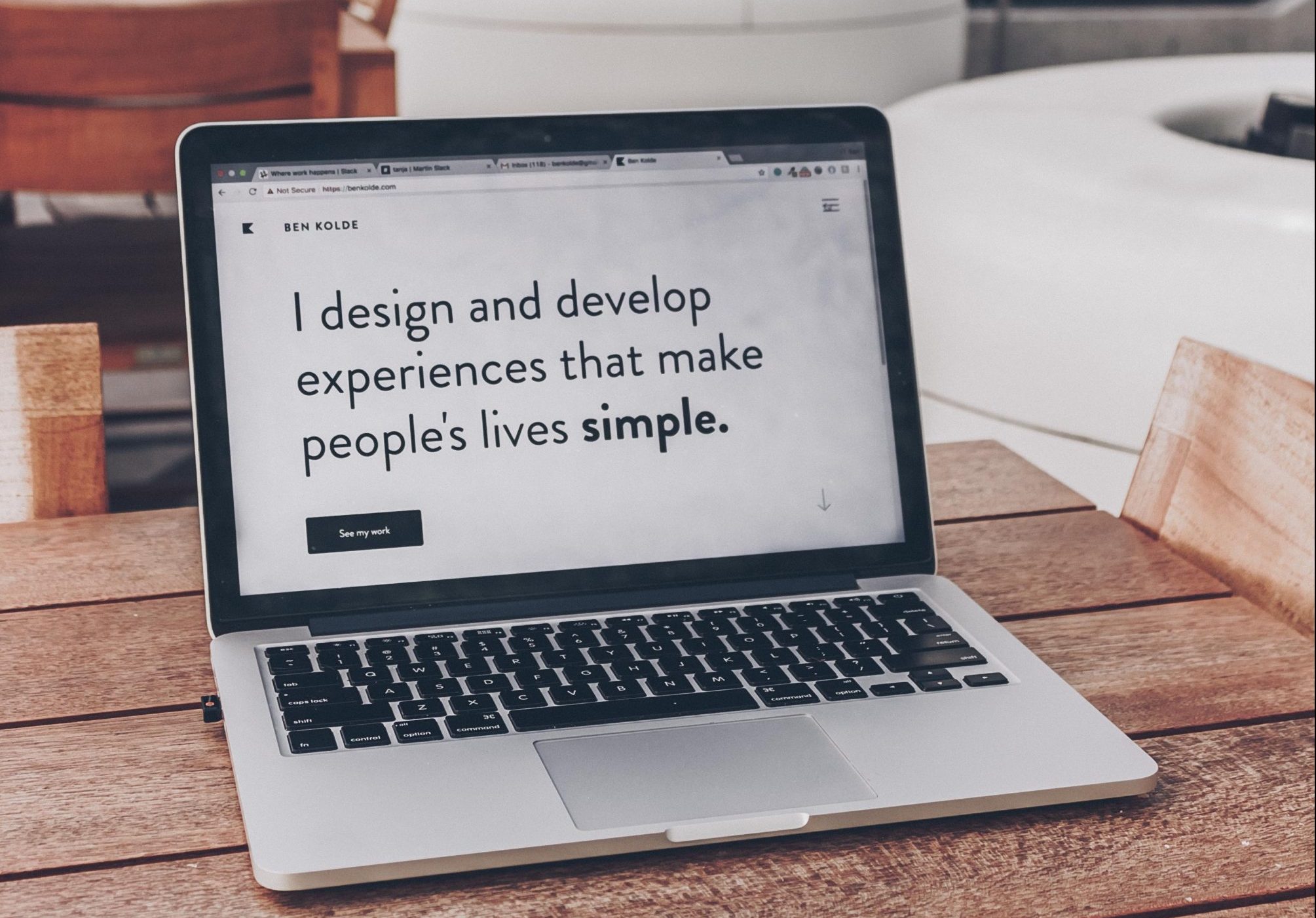Did you know that Japan has one of the lowest unemployment rates among the G7 nations, with just 2.6% unemployment in 2022? (Source: Trading Economics) As a result, the competition for attractive job opportunities in the country is fierce. To stand out during the application process, it is essential to develop a strong personal brand that showcases your unique strengths and expertise. In this article, we will explore key personal branding strategies that can help you make a lasting impression and secure your dream job in Japan.
Table of Contents
Toggle1. Understanding Personal Branding
● Personal branding is the process of building and promoting a unique and consistent image of yourself that reflects your values, skills, and professional experiences.
● It helps you differentiate yourself from other candidates and can give you an edge in the competitive job market.
● It is a long-term investment that involves building a reputation that extends beyond just job applications and can impact future career opportunities.
● Japanese employers value candidates with a strong sense of identity and clear goals.
● Personal branding can help candidates showcase their personality and potential contributions beyond just their technical qualifications.
● Personal branding helps you communicate your strengths effectively, increasing your chances of landing an interview and getting hired.
2. Personal Branding Tips
● Tailor your resume and cover letter to each job application.
● Highlight skills and experiences that are relevant to the specific position.
● Use industry-specific keywords and phrases to demonstrate your expertise.
Example: If you are applying for a marketing job, emphasize your success in driving sales and engagement through online campaigns.
No experience preparing a Japanese-style resume? No worries, we’ve got you covered! Check out our guides on resumes (link to page Resume) for tips.

● Maintain a professional LinkedIn profile with a comprehensive summary, recommendations, and endorsements.
● Create an online portfolio showcasing your best work, especially if you are in a creative field.
● Contribute to industry blogs and forums to establish yourself as a thought leader.
Example: If you are a software developer, contribute to open-source projects and share your work on GitHub.
● Your personal style includes your appearance, communication style, and work habits.
● Develop a style that reflects your values and resonates with your target audience.
● Dress professionally but don’t be afraid to incorporate elements that show your personality.
Example: If you are a graphic designer, incorporate a unique color scheme or layout that showcases your creativity and attention to detail. Similarly, if you are a writer, use a distinctive tone or voice that highlights your personality and writing style.
● Highlight your language skills on your resume and LinkedIn profile.
● Japan is a predominantly monolingual country, so fluency in multiple languages can be a significant advantage.
● Showcase your language skills in your work samples and during interviews.
Example: If you are fluent in English and Japanese, consider creating bilingual content for your online portfolio.

● Identify the skills, experiences, or qualities that set you apart from other candidates.
● Promote your USPs consistently across your resume, cover letter, LinkedIn profile, and online portfolio.
Example: If you have extensive experience working with international clients, emphasize your cross-cultural communication skills and global perspective.
3. Mastering the Japanese Job Application Process
Understand the Japanese job application culture
● Japanese employers value modesty and humility, so strike a balance between showcasing your strengths and demonstrating respect for their company culture.
● Familiarize yourself with the Japanese-style resume (rirekisho) and be prepared to submit one if requested. (You can find a detailed guide here(link to the article about rirekisho))
● Learn about the company’s history, values, and goals before applying.
● Practice answering common interview questions in Japanese.
● Research Japanese interview etiquette, including proper greetings and body language.
● Show respect for hierarchy and address interviewers using their correct titles.
Example: If you are interviewing with a senior manager, address them as “Tanaka-bucho” (assuming their last name is Tanaka).
More on interviews you can find in our Interview section
● Showcase your understanding of Japanese culture and business practices.
● Highlight any experiences working or studying in Japan or with Japanese companies.
Example: If you have successfully managed a team of Japanese colleagues, mention your ability to navigate cultural differences and foster collaboration.
● Japanese job application processes can be lengthy, so be prepared for multiple interviews and tests.
● Show your enthusiasm and commitment to the company by being persistent but not overly aggressive.
Example: If you are asked to complete a task as part of the application process, take the time to do it thoroughly and submit it promptly.

4. Measuring Your Personal Branding Success
● Determine what you want to achieve with your personal branding efforts, such as landing interviews, receiving job offers, or establishing yourself as an industry expert.
● Establish a timeline for achieving your goals and track your progress.
● Ask for feedback from friends, colleagues, and mentors on your personal branding materials, such as your resume and LinkedIn profile.
● Use their input to refine your personal brand and better align it with your goals.
● Regularly assess the effectiveness of your personal branding efforts by measuring the outcomes, such as the number of interviews you land or the quality of job offers you receive.
● Adjust your personal branding strategy as needed to maximize your success.
Conclusion:
In Japan’s competitive job market, personal branding is crucial to differentiate yourself from other candidates and make a lasting impression. By following the tips outlined in this article, you can effectively build a personal brand that showcases your unique strengths and helps you stand out during the application process. Remember that personal branding is an ongoing process, and you should continuously refine your brand as your career progresses. With dedication and persistence, you can secure your dream job and thrive in Japan’s dynamic business landscape.
Best of luck in your job search!

